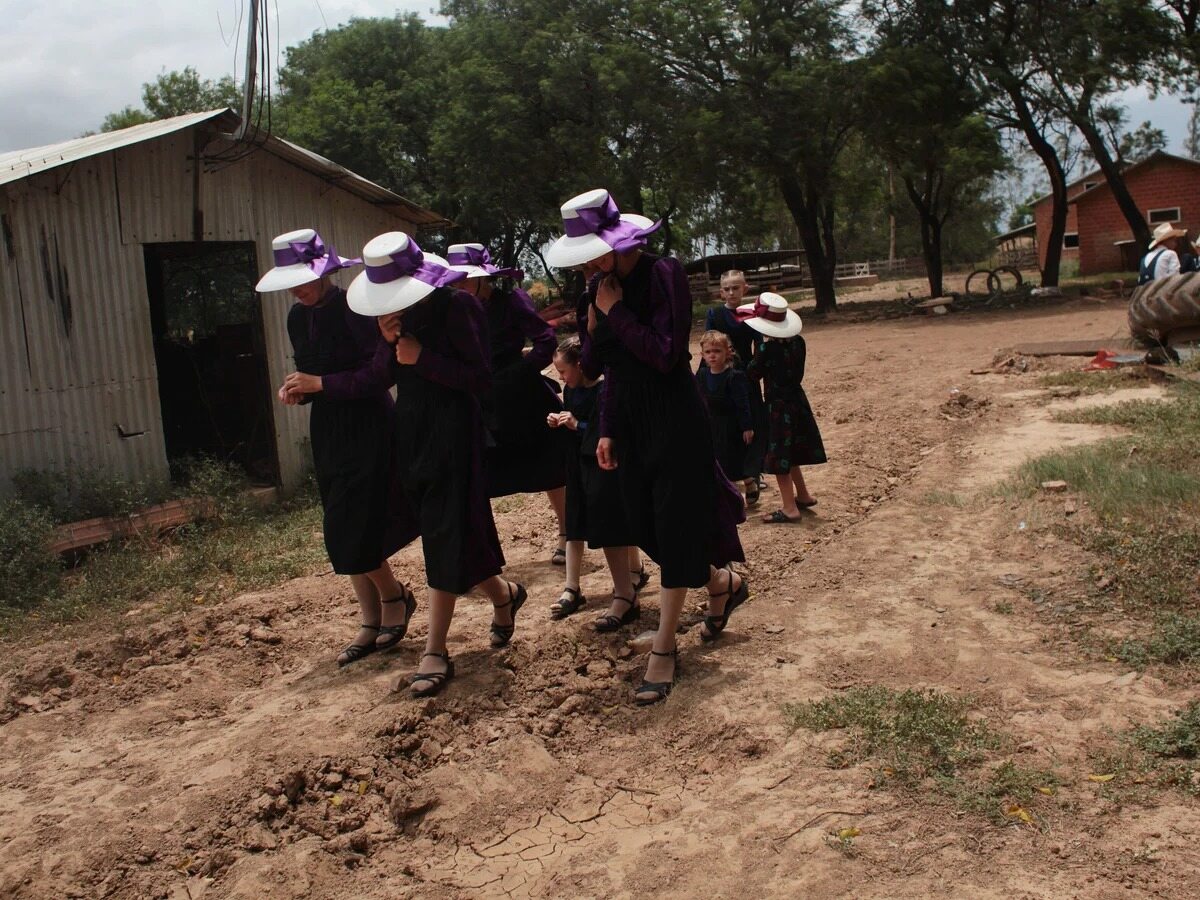
Who are the Kwinti people? The Kwinti are a small, indigenous group residing in Suriname, South America. Known for their rich cultural heritage and unique traditions, they have a fascinating history that intertwines with the Maroon communities. Originating from enslaved Africans who escaped Dutch plantations, the Kwinti established their own settlements deep in the rainforest. Their language, a blend of African dialects and Dutch, reflects their diverse roots. Today, the Kwinti continue to preserve their customs, despite modern challenges. Want to learn more about their intriguing way of life? Dive into these 25 facts about the Kwinti people and discover their enduring legacy.
Who are the Kwinti?
The Kwinti are a small indigenous group residing in Suriname, South America. They have a rich history and unique cultural practices that distinguish them from other groups in the region. Here are some fascinating facts about the Kwinti people.
- The Kwinti are one of the six Maroon groups in Suriname, descendants of African slaves who escaped from plantations.
- They primarily live along the Coppename River in the Sipaliwini District.
- The Kwinti population is estimated to be around 500 people.
- Their language, Kwinti, is a Creole language with influences from African languages, Dutch, and English.
- The Kwinti have a matrilineal society, meaning lineage and inheritance are traced through the mother's line.
- They practice subsistence farming, growing crops like cassava, bananas, and rice.
- The Kwinti also engage in hunting and fishing to supplement their diet.
- Traditional Kwinti houses are built on stilts to protect against flooding.
- The Kwinti have a rich oral tradition, with stories and legends passed down through generations.
- They practice a blend of Christianity and traditional African religions.
- The Kwinti have a unique musical tradition, using drums and other percussion instruments in their ceremonies.
- They celebrate several traditional festivals, including the annual Maroon Day on October 10th.
- The Kwinti have a strong sense of community, with decisions often made collectively.
- They have a deep respect for nature, believing that spirits inhabit the natural world.
- The Kwinti have faced challenges in preserving their culture and way of life due to modernization and external influences.
Kwinti History and Origins
Understanding the history and origins of the Kwinti provides insight into their resilience and cultural richness.
- The Kwinti's ancestors escaped from Dutch plantations in the 17th and 18th centuries.
- They formed independent communities in the dense rainforests of Suriname.
- The Kwinti signed a peace treaty with the Dutch colonial government in 1760, granting them autonomy.
- They have maintained their independence and cultural identity despite pressures from external forces.
- The Kwinti played a significant role in the resistance against colonial rule in Suriname.
Kwinti Culture and Traditions
The Kwinti culture is a vibrant tapestry of traditions, beliefs, and practices that have been preserved over centuries.
- Kwinti art includes intricate beadwork and weaving, often used in traditional clothing and accessories.
- They have a rich culinary tradition, with dishes like cassava bread and fish stew being staples.
- The Kwinti use herbal medicine, relying on the knowledge of medicinal plants passed down through generations.
- Traditional Kwinti dances are performed during ceremonies and celebrations, often accompanied by drumming and singing.
- The Kwinti have a unique system of governance, with leaders known as "captains" and "basjas" who are chosen by the community.
The Kwinti people, with their rich history, unique culture, and strong sense of community, continue to thrive in the face of modern challenges. Their story is a testament to the resilience and enduring spirit of indigenous peoples.
The Essence of Kwinti Culture
Kwinti culture is a rich tapestry of history, traditions, and resilience. From their unique language to their vibrant festivals, the Kwinti people have preserved their heritage despite numerous challenges. Their deep connection to nature and community values sets them apart, offering a glimpse into a way of life that harmonizes with the environment.
Understanding Kwinti culture isn't just about facts; it's about appreciating the spirit of a people who have thrived through adversity. Their stories, customs, and way of life provide valuable lessons in sustainability, community, and respect for nature.
As we reflect on these 25 facts, let's remember the importance of preserving and respecting diverse cultures. The Kwinti people remind us that every culture has something unique to offer, enriching the global tapestry of human experience.
Was this page helpful?
Our commitment to delivering trustworthy and engaging content is at the heart of what we do. Each fact on our site is contributed by real users like you, bringing a wealth of diverse insights and information. To ensure the highest standards of accuracy and reliability, our dedicated editors meticulously review each submission. This process guarantees that the facts we share are not only fascinating but also credible. Trust in our commitment to quality and authenticity as you explore and learn with us.


